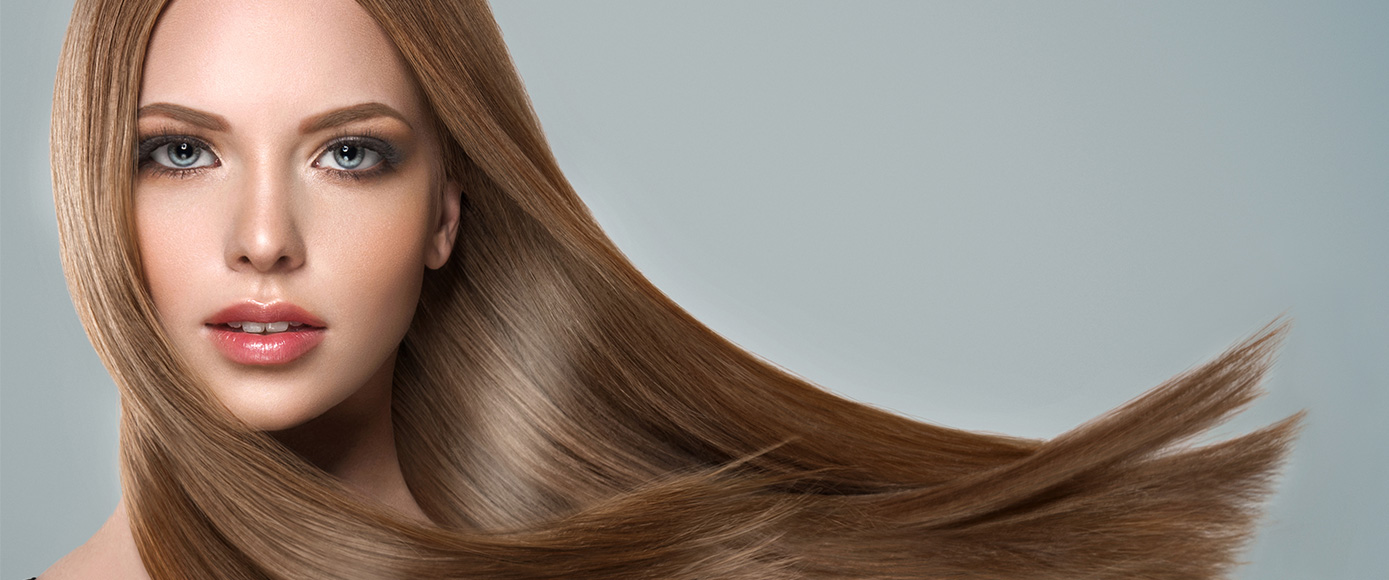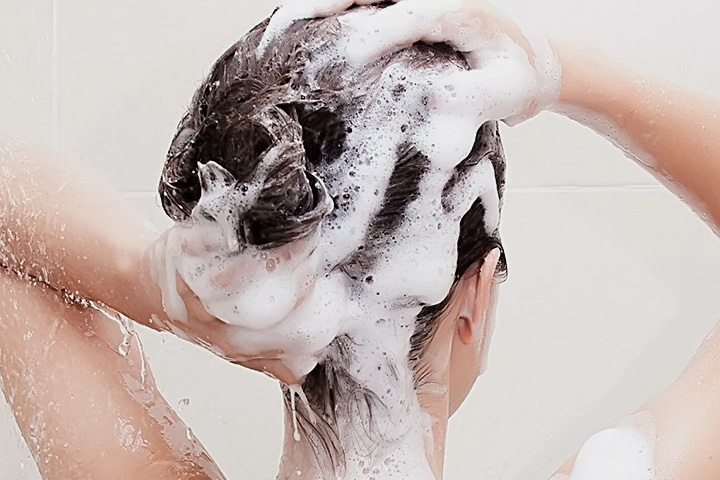Silicones
Time : 2025/4/14 11:10:33
 What are silicones?
What are silicones?
Silicone is a manmade polymer made up of silicon, oxygen, carbon, and hydrogen. It is an extremely versatile material that is incorporated in a myriad of products, ranging from adhesives, lubricants, medical implants, to sealants. Silicones are heat-, water-, and chemical-resistant and are therefore appropriate for use under harsh conditions. Silicones exist in various forms ranging from oils, gels, all the way to products similar to rubber. Silicones are biocompatible and are therefore widely applied in medicine in implants and prosthetics. Their impressive properties make them indispensable in a broad range of industrial and consumer products.
Where do they come from?
Silicone is derived from silicon, which is a naturally occurring substance that can be found in quartz, sand, etc. Silicon is derived from silica to begin production, which upon reaction with methyl chloride forms silanes. Silanes are polymerized to yield silicone polymers. Silicones are compounded for different properties such as flexibility, heat resistance, or water repellency. Silicones are produced in an assortment of forms like oils, gels, or elastomers, which are used in an extremely diverse range of products in construction, automotive, electronics, and medical industries.
What are they used for?
Silicones are incorporated in cosmetics because of their distinctive properties in enhancing performance of products in addition to consumers' experience upon application. It possesses a conditioning effect as it deposits a silky smooth feel on the skin and hair. Silicones trap water, which leads to better moisturizing in addition to softening. Silicones make product spreadable in a way that products go on easily. Silicones can also provide a matte effect or shiny appearance depending on formulation. Its light weightiness ensures products don’t feel greasy or heavy so it’s a good addition to foundations, primers, as well as for use with hairs.
Why are they questioned?
Silicone has been criticized for many reasons. One of these is the environmental impact that silicones pose, seeing that silicones are non-biodegradable and could stay in ecosystems from which harmful effects on wildlife may be noticed. Some consumers are also concerned that silicones are safe to use in personal care products, with some arguing that silicones have the ability to irritate the skin or lead to endocrine disruption. Some arguments have also been made concerning silicones' long-term exposure effects, especially in cosmetics. Belief that silicones produce a layer that locks in dirt and oils in the skin was also a concern over their potential to clog pores and result in acne. It is these issues that have driven people to debate silicones.
Why and how do we use them?
We use silicone in various different applications due to its valuable properties. Silicones in cosmetics are responsible for texturizing products that offer smoothness, silkiness, and spreadability. Silicones create a layer that retains water, which softens skin and hair, leaving them moisturized. Silicones prevent shine from building up, with long shelf-life performance in cosmetics. Silicones use in industrial purposes is due to their heat resistance and hardness. Silica is usually incorporated at various levels in products to maintain performance at an optimal level with consumer requirements for texture and feel.
Copyright © Infinite Good(TaiZhou)Bio-Tec Co.,Ltd. All rights reserved
